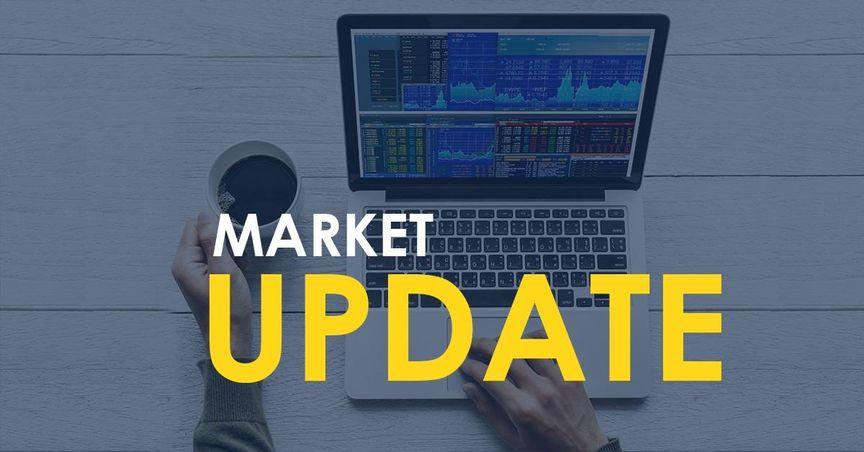Highlights
- Proposed US tax threatens Australian retirement investments
- Super funds and sovereign wealth could face steep levies
- Potential capital shift from US to Europe and Asia
A sweeping tax proposal under review in the US Senate is raising global alarm, especially for nations like Australia. At the center of the debate is Section 899 of President Trump's proposed legislation, which could impose significant taxes on foreign investors—including superannuation funds and sovereign wealth entities—from countries perceived to have "punitive" tax regimes.
Australia finds itself on this list due to the 2015 enactment of the Multinational Anti-Avoidance Law (also known as the Google Tax), along with support for the OECD's 15% minimum global tax. These policies have now come under scrutiny in the US, with the potential for a tax starting at 5% on dividends and bond interest payments and escalating to 20% within four years.
This development could directly impact Australian superannuation funds, which currently hold an estimated $400 billion in US investments. It also casts a shadow over the Future Fund, Australia's sovereign wealth fund, and other government investment arms. Foreign investors—who own about 20% of all US equity and debt securities—may be forced to reconsider their exposure.
Among ASX200 stocks, companies with notable US market exposure like Xero (ASX:XRO) could experience increased volatility in sentiment if foreign capital begins to pull back from US markets. For those tracking performance of ASX200, the geopolitical shifts introduced by this policy may become a significant consideration.
One of the most disruptive aspects of this proposal is its retroactive reach—not only could it disincentivize new US investments, but it may also drive capital flight from existing holdings. This could add pressure on the already-weakened US dollar, which has declined nearly 10% this year, and exacerbate volatility in US Treasury bond markets, where long-term yields have touched 20-year highs.
Global corporations such as Toyota (NYSE:TM) and LVMH (EPA:MC), which employ millions in the US, have voiced concerns over reduced foreign investment and job losses. These firms argue that the bill may erode foreign trust in US capital markets, prompting investors to consider Europe or Asia as more stable alternatives.
With the US grappling with ballooning deficits—forecast to grow by US$2.4 trillion over the next decade—even a modest drop in foreign capital could have ripple effects. Rising yields and falling confidence may become recurring themes, with international investors pivoting toward diversified portfolios outside the US.
In this evolving environment, market watchers and global investors alike will need to keep a close eye on legislative developments and their implications for international financial flows and equity exposure, particularly within the ASX200 landscape.






